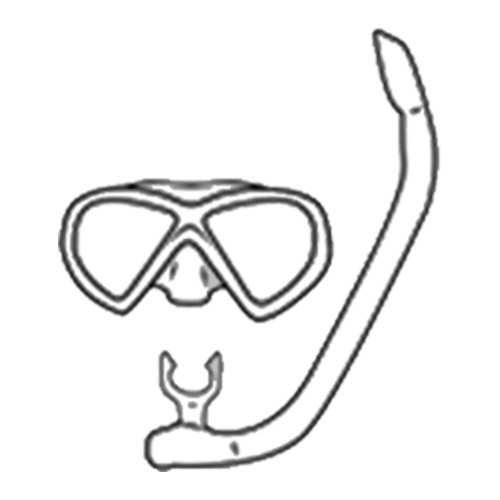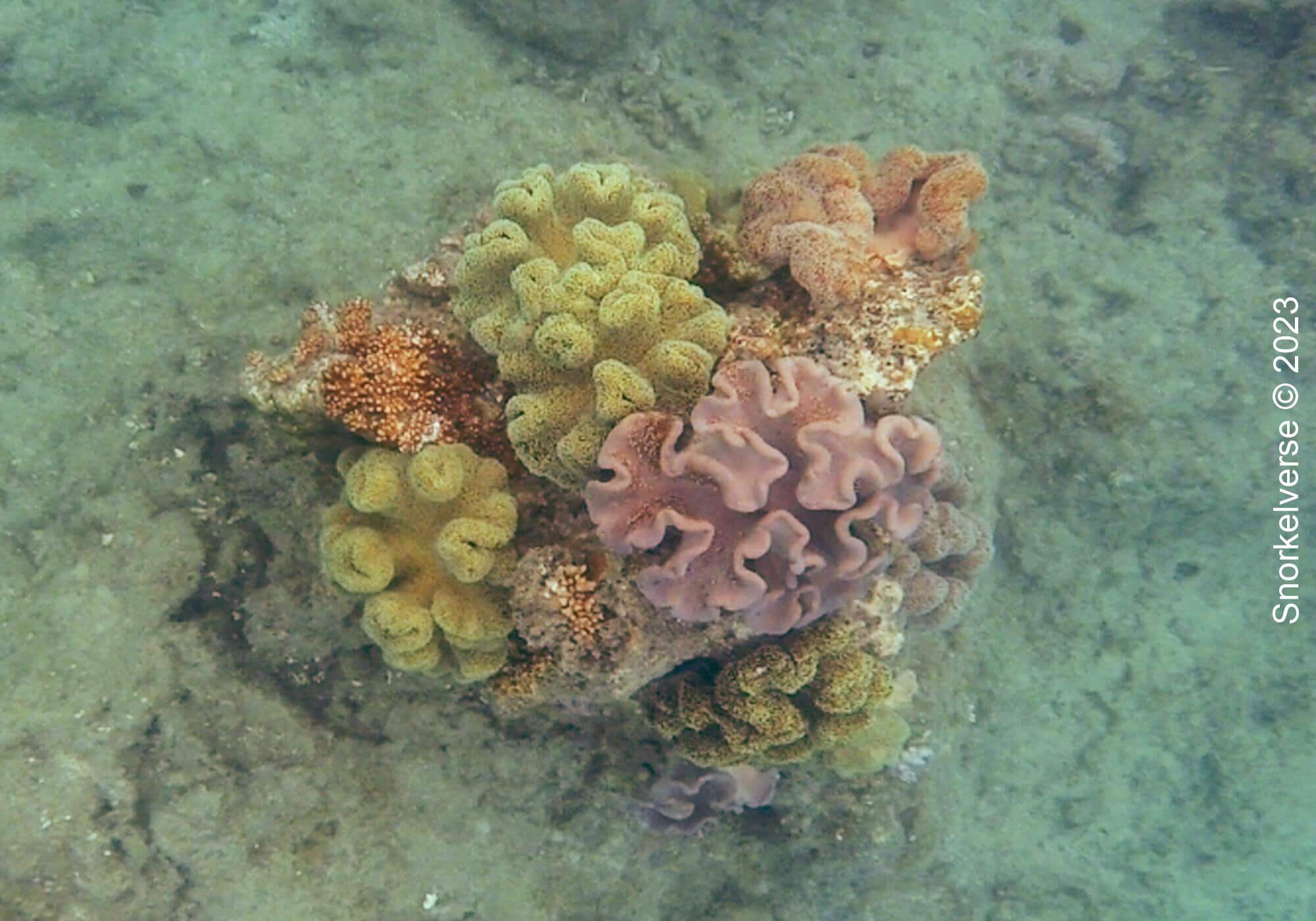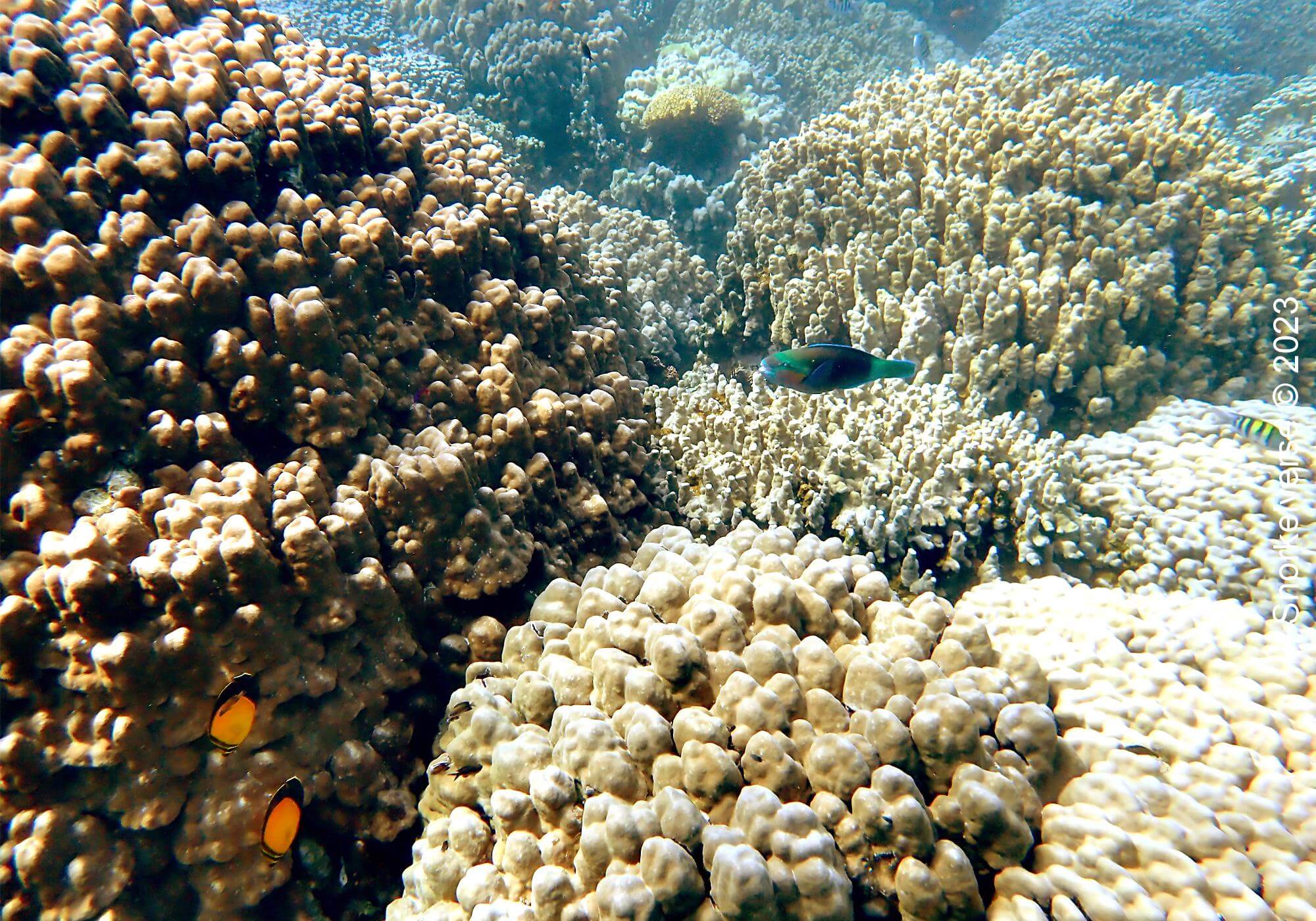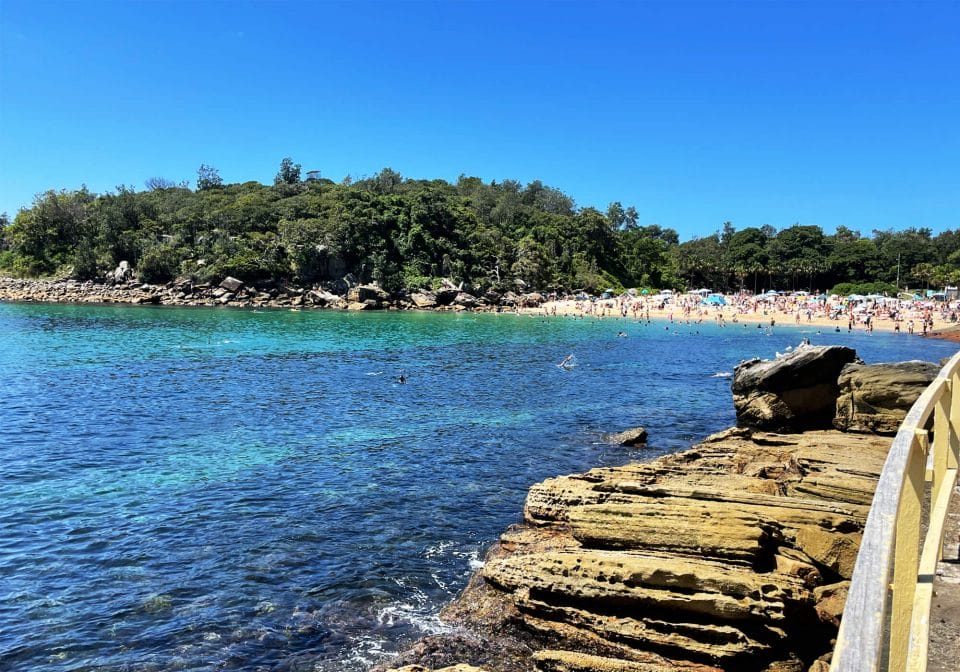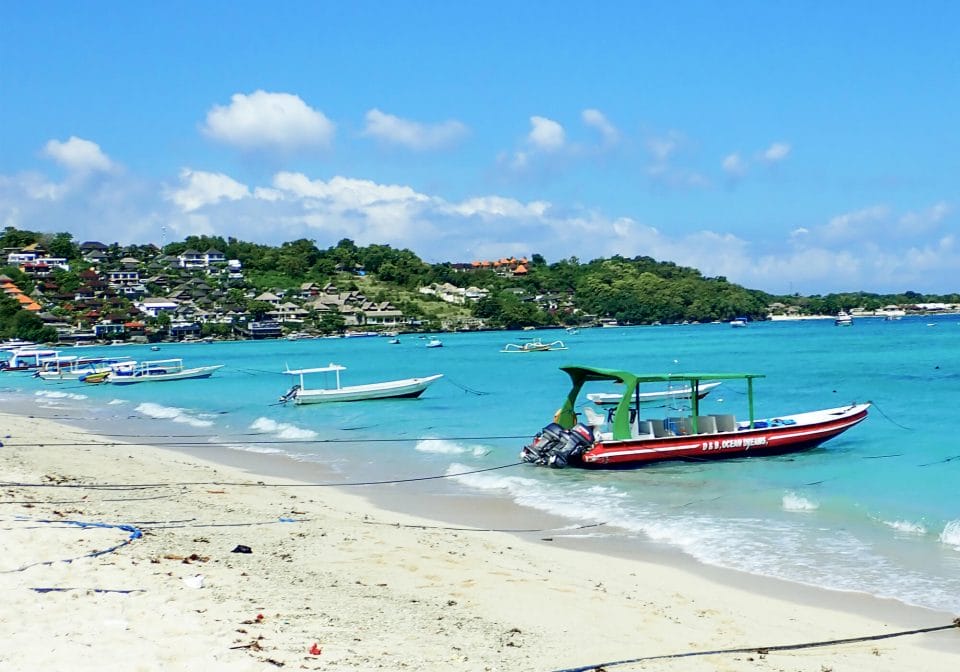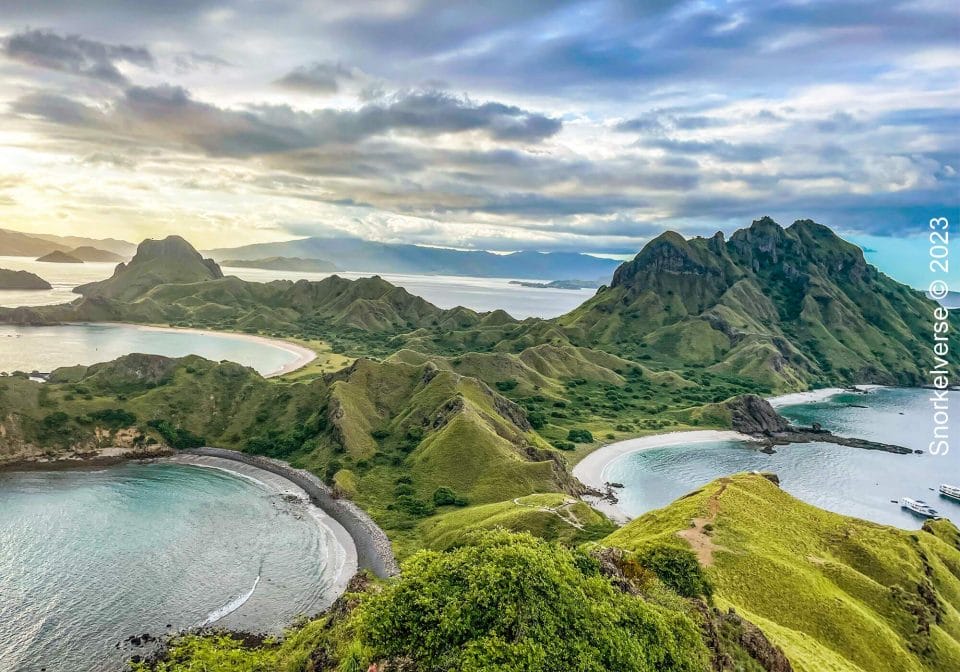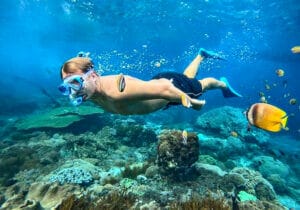
What Are Coral Reefs?
A coral reef is an ecosystem formed of coral colonies, one coral reef can be home to thousands of diverse marine species. The rainforest of the ocean is critical to a wide variety of species.
Why Are Coral Reefs Important?
Coral Reefs provide a home to an abundance of diverse marine life. The coral provides protection to coasts as a natural sea defence from erosion and storms. Coral Reefs provide work and food to over half a billion people around the world.
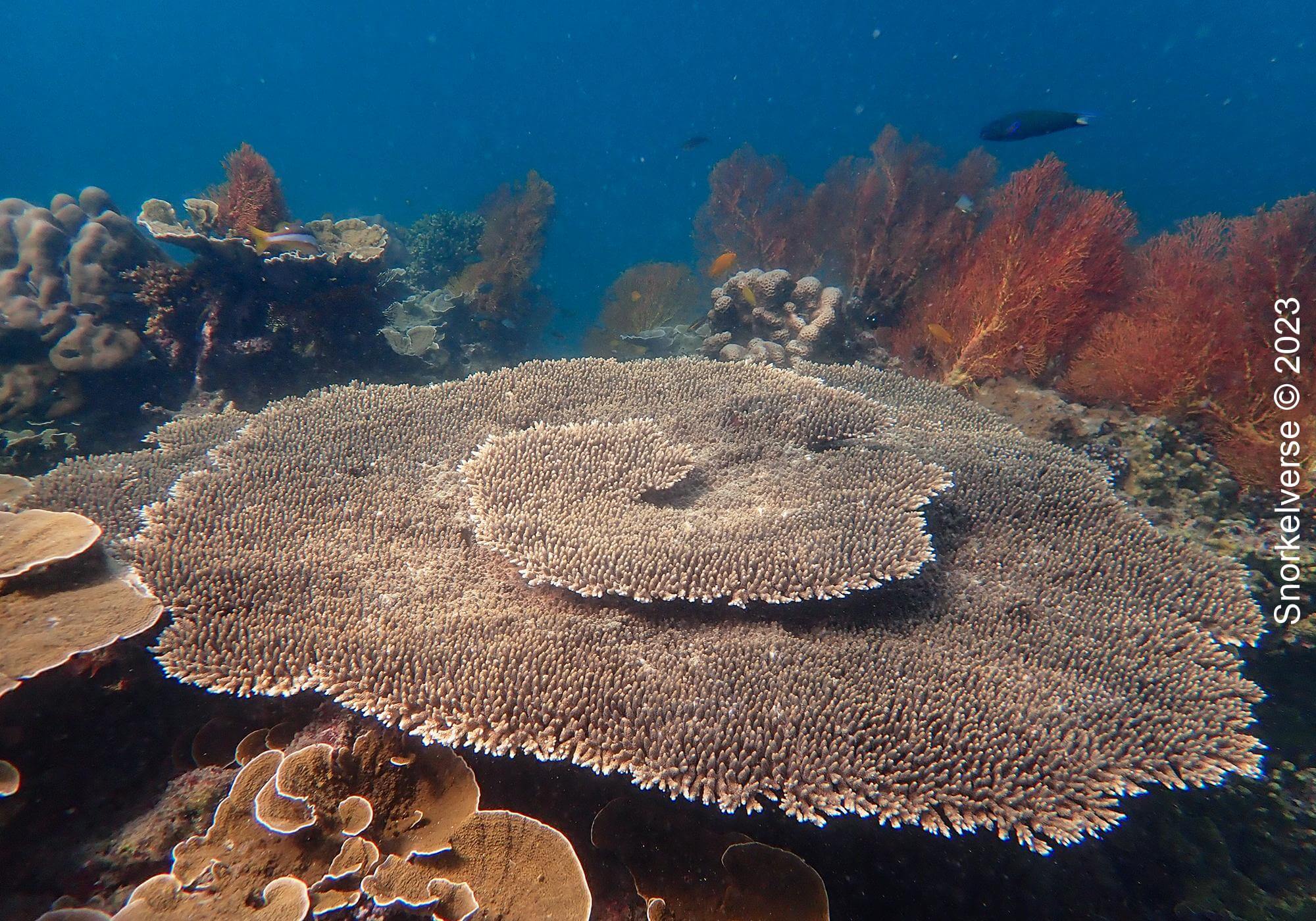

Top Threats
Coral Bleaching
A range of factors including warmer waters can cause coral to remove the symbiotic algae that lives within them giving the corals as a defence mechanism. The algae gives the coral energy and its vibrant colors. Bleaching can then lead to the coral dying.
Climate Change
Climate change is causing a number of factors that are negatively impacting and threatening the survival of coral reefs. These include ocean acidification, rising sea level, intense storms, and coral bleaching.

Pollution
Water pollution includes plastic/micro plastics, bacteria and pathogens from human waste, additional sediment due to human coastal activity, nutrients from fertilisers causing algae growth.
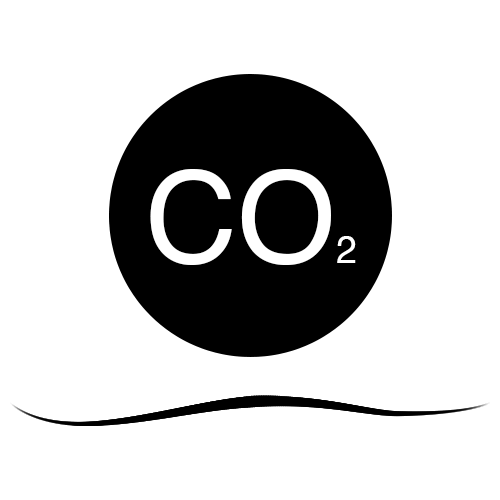
Ocean Acidification
Ocean Acidification is the decrease of PH in the ocean, this is caused by the ocean absorbing CO2 from the atmosphere. This makes it harder for coral structures to build skeletons.
What dead coral can look like…

Fact Sheet

Coral Reef Protection
The world has woken up and there is action to protect and restore coral reefs across the world. Below are the key action being taken to protect, conserve and restore coral reefs.
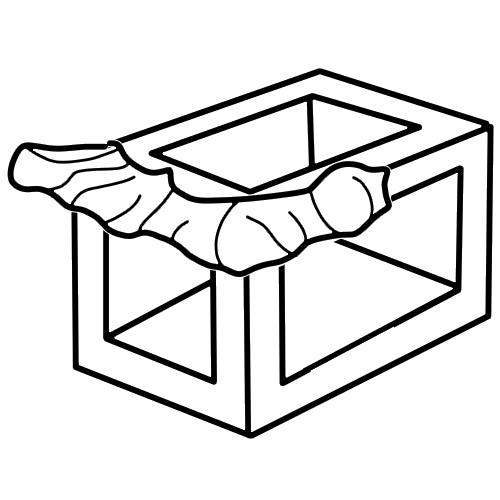
Artificial Reefs
Artificial Reefs create an environment for new Coral Reef formations to grow and develop, and supports the recovery of natural coral reefs.
Protected Marine Areas
Protected marine areas or national parks are a way to protect coral reefs from human factors such as overfishing and pollution.

Sustainable Fishing
Regulating fishing practices, setting catch limits, protecting fish spawning areas, and using equipment that reduces bycatch and damage to the sea floor.
Coral Restoration
There are a number of coral restoration techniques, including nurturing small fragments until they are large enough to transplanted back to the reef.

Frequently Asked Questions
What do Coral Reefs eat?
Corals have a symbiotic relationship with algae that live within their structures, providing nutrients and energy from photosynthesis. Corals also passively filter-feed on organisms in the water. Some corals have small tentacles called polyps that can capture plankton and organisms in the water column to digest.
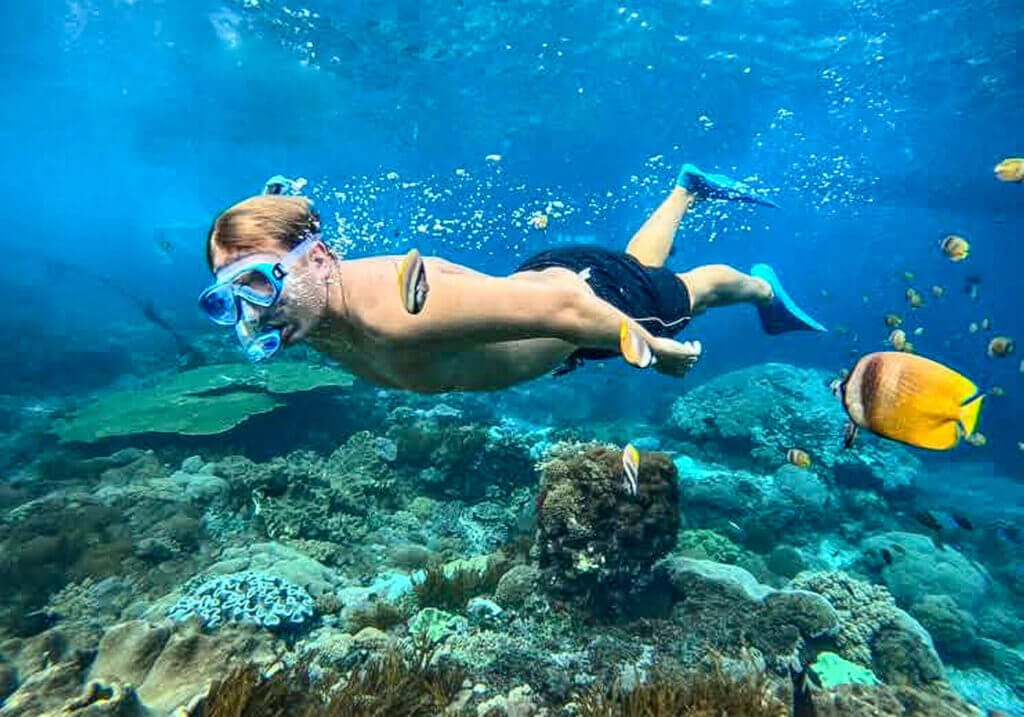
Luke
FOUNDER
Luke is a passionate snorkeler who started Snorkelverse to live his dream of combining his passions for snorkeling, marine life, protecting marine ecosystems, and helping others.
What are the negative effects of plastic in the ocean?





